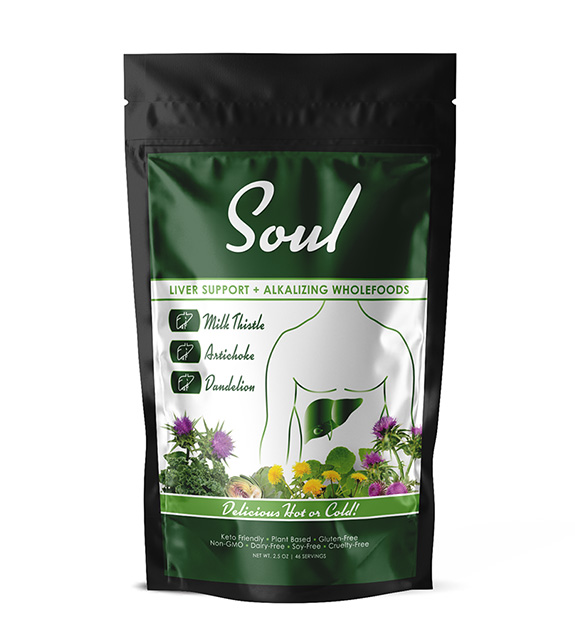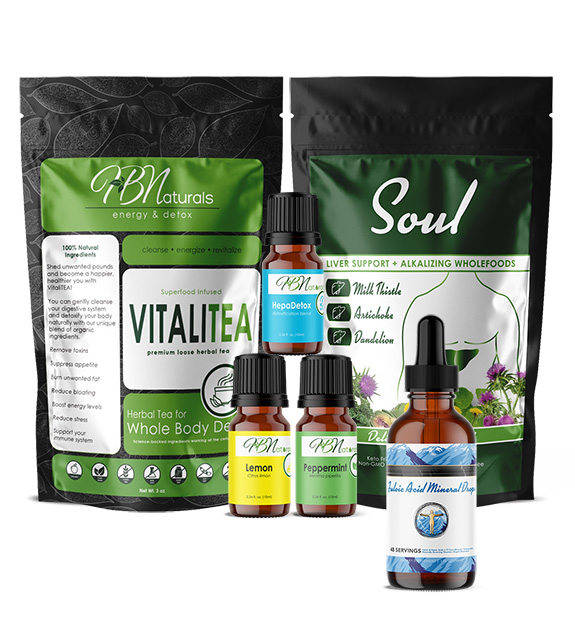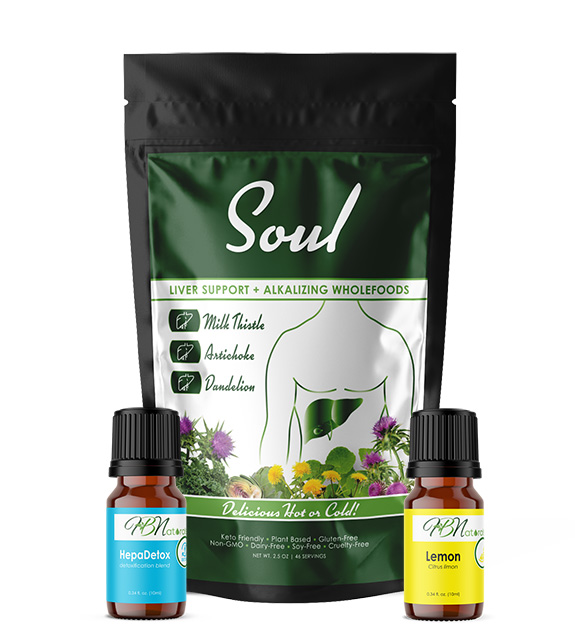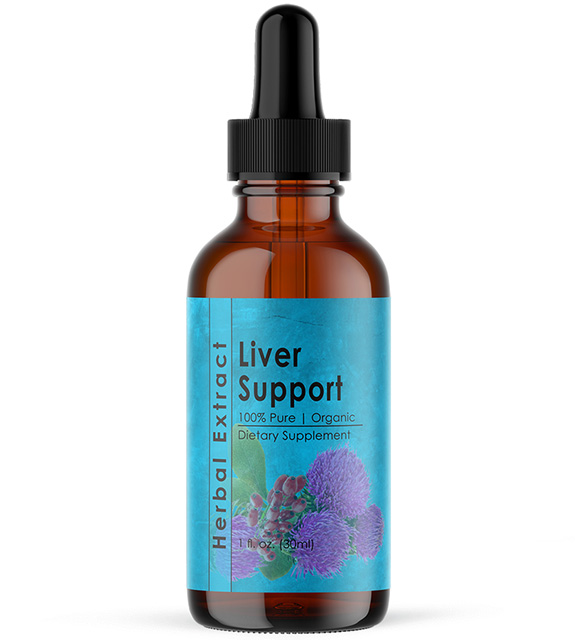Home / Essential Oil Singles / Tea Tree
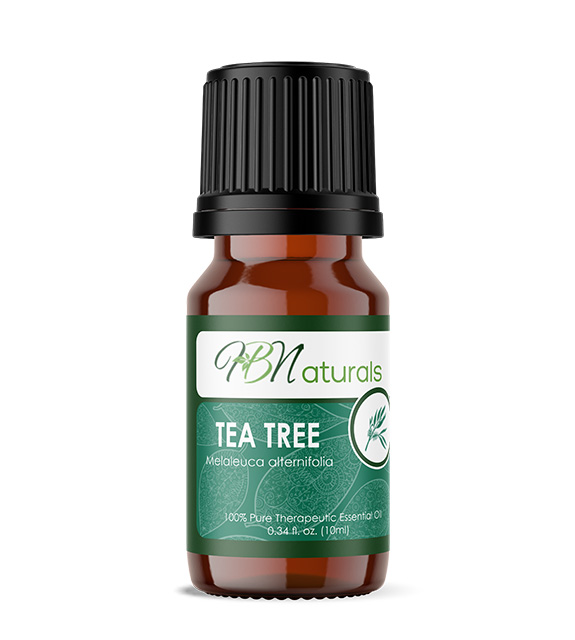
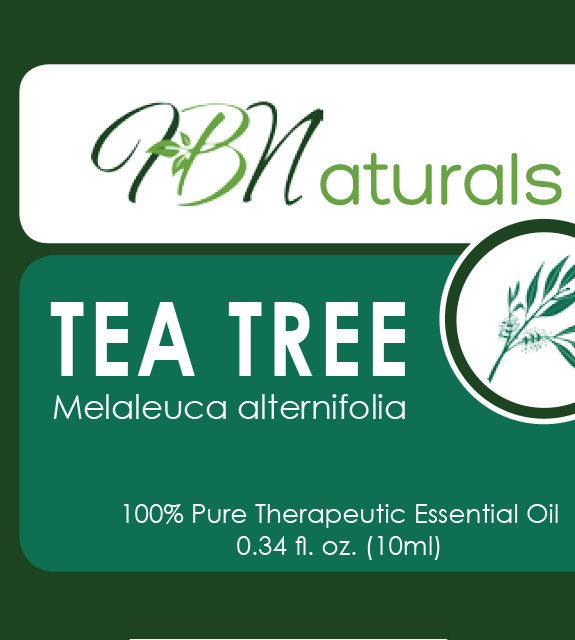
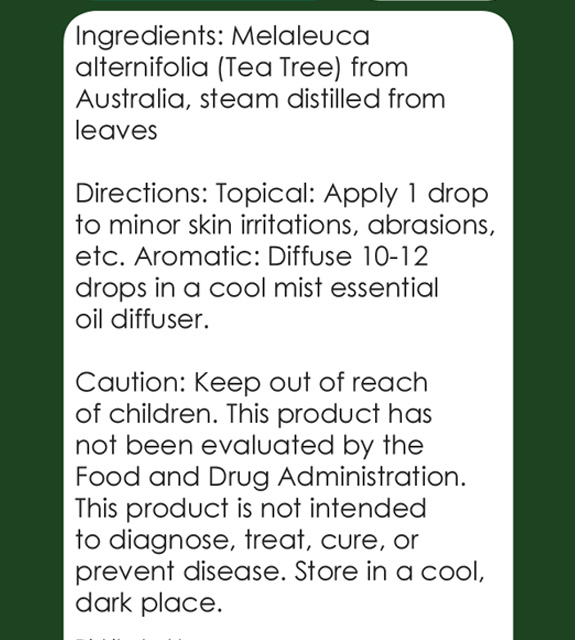
Tea Tree
melaleuca alternifolia
$20.00 {10ml}
Tea tree essential oil, steam-distilled from the leaves of the Melaleuca alternifolia tree, is a potent, herbaceous oil widely known for its versatility and powerful cleansing properties. Long used in traditional medicine, it has become a modern staple for those seeking natural solutions for wellness, hygiene, and skin health. With its sharp, clean aroma and broad-spectrum benefits, tea tree oil is a must-have in every natural care collection.*
Tea tree oil offers strong antimicrobial, antifungal, and antiviral benefits that make it a trusted ally for supporting immune health and reducing environmental threats. Whether diffused to cleanse the air or added to surface sprays, it helps purify your surroundings and boost your body's natural defenses. Its ability to neutralize germs makes it an essential part of seasonal wellness routines.*
Categories : Essential Oil Singles, Infectious Disease
